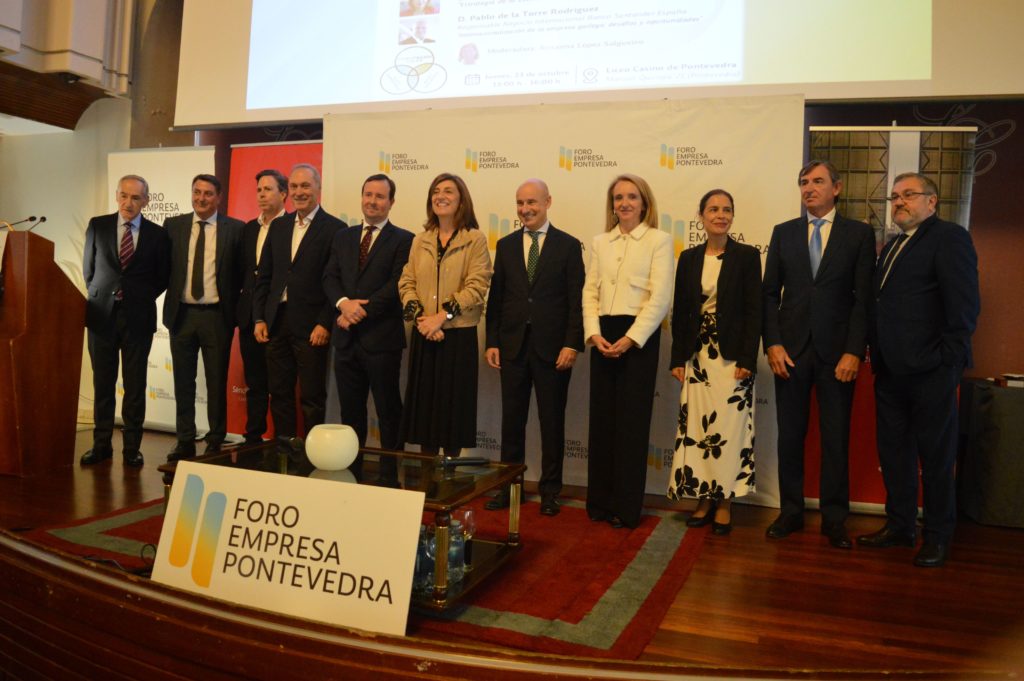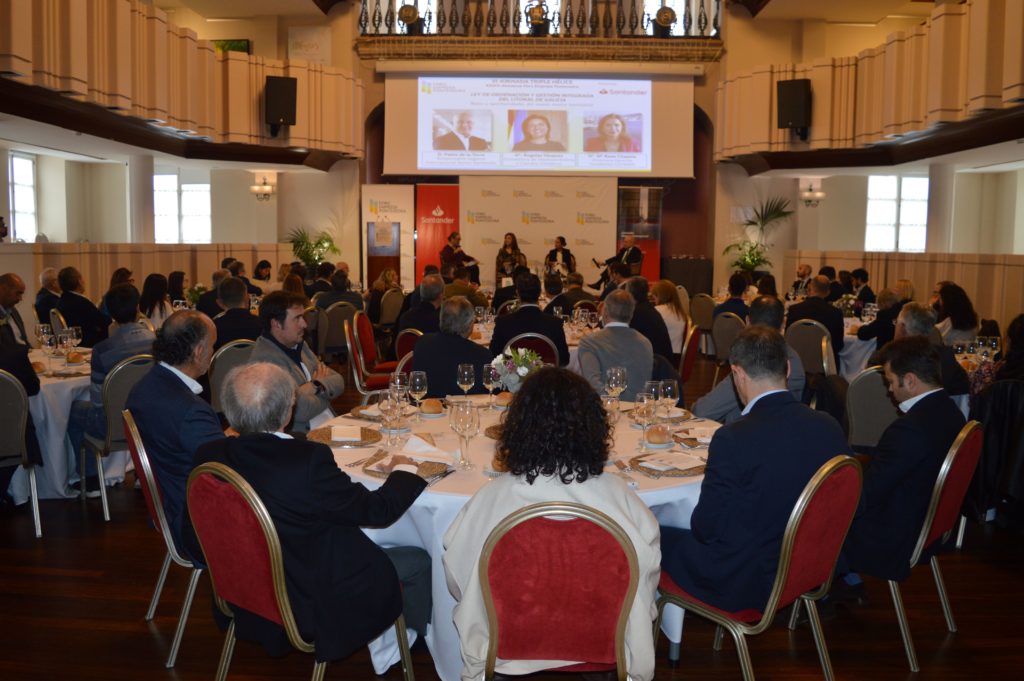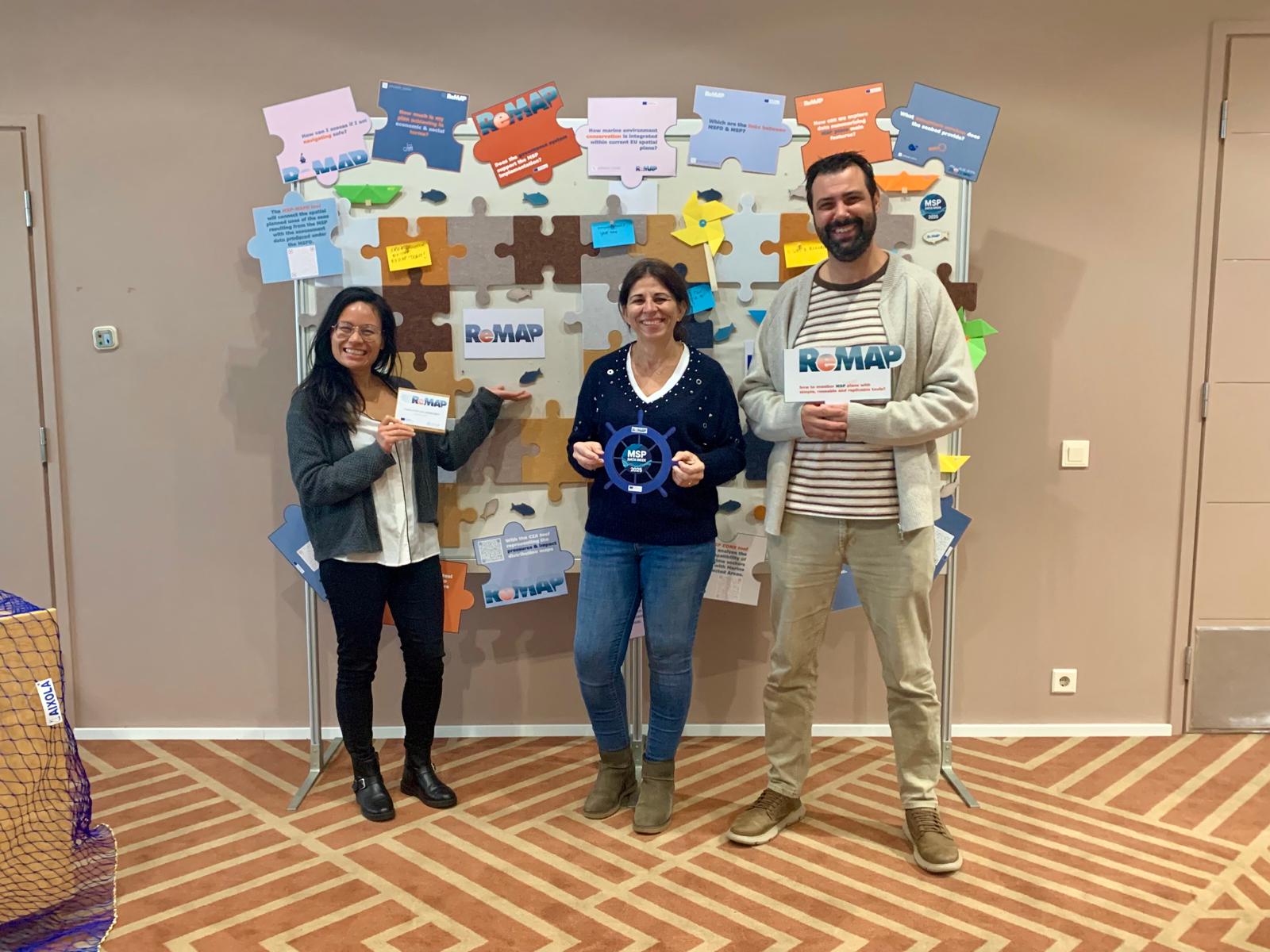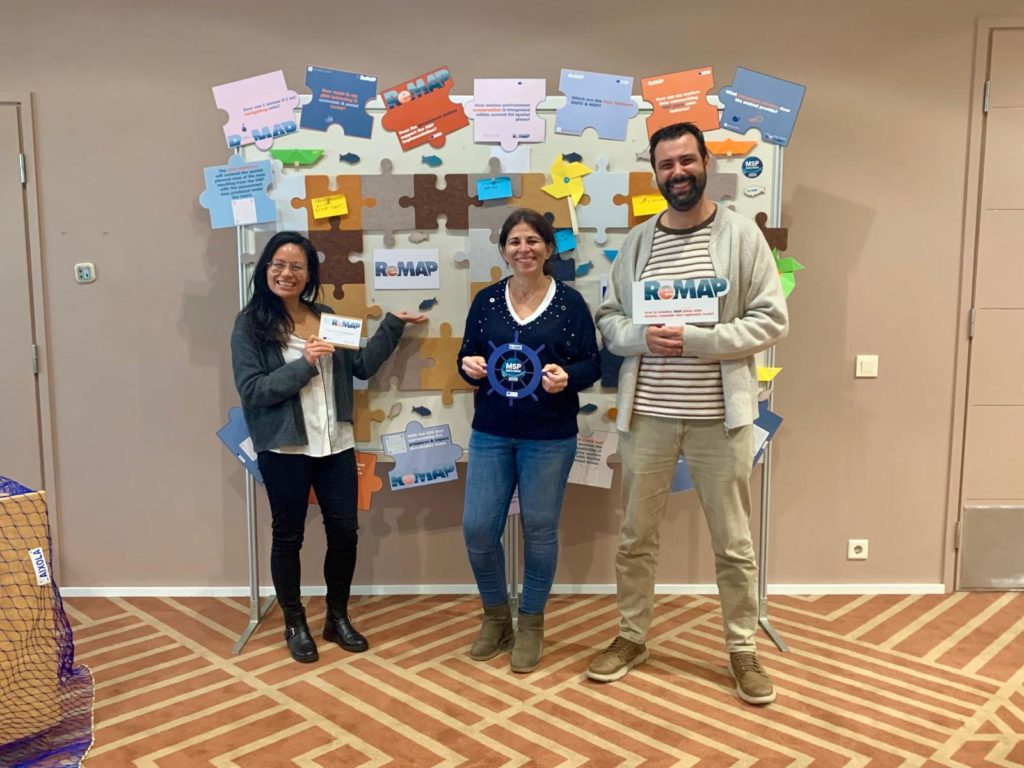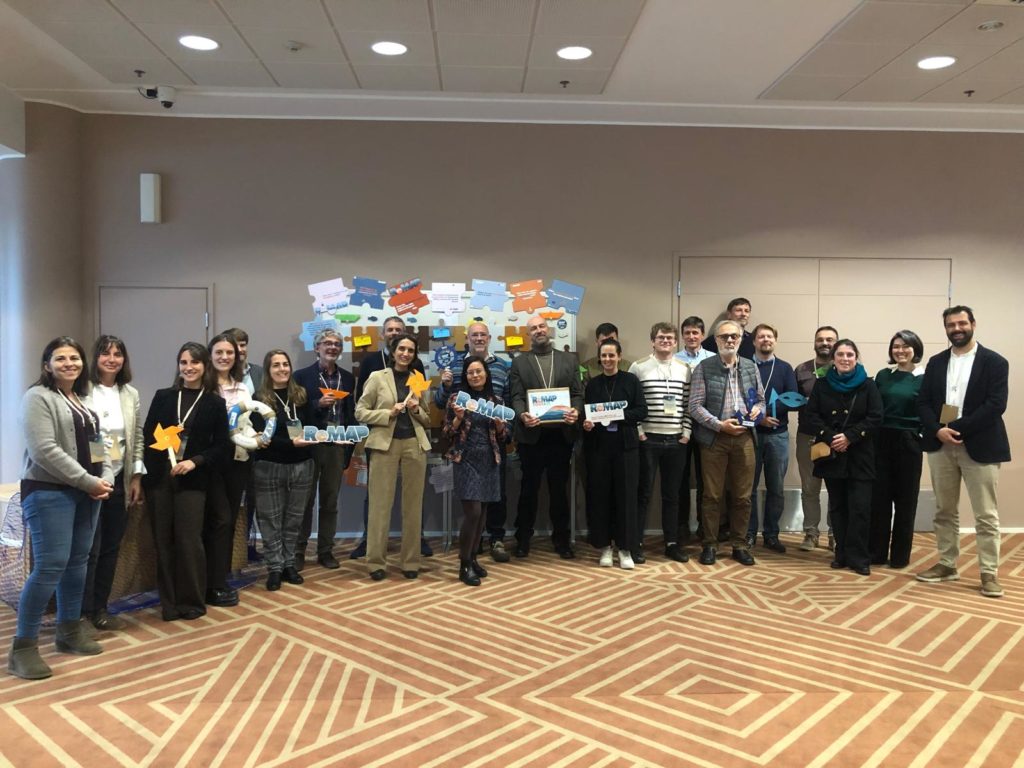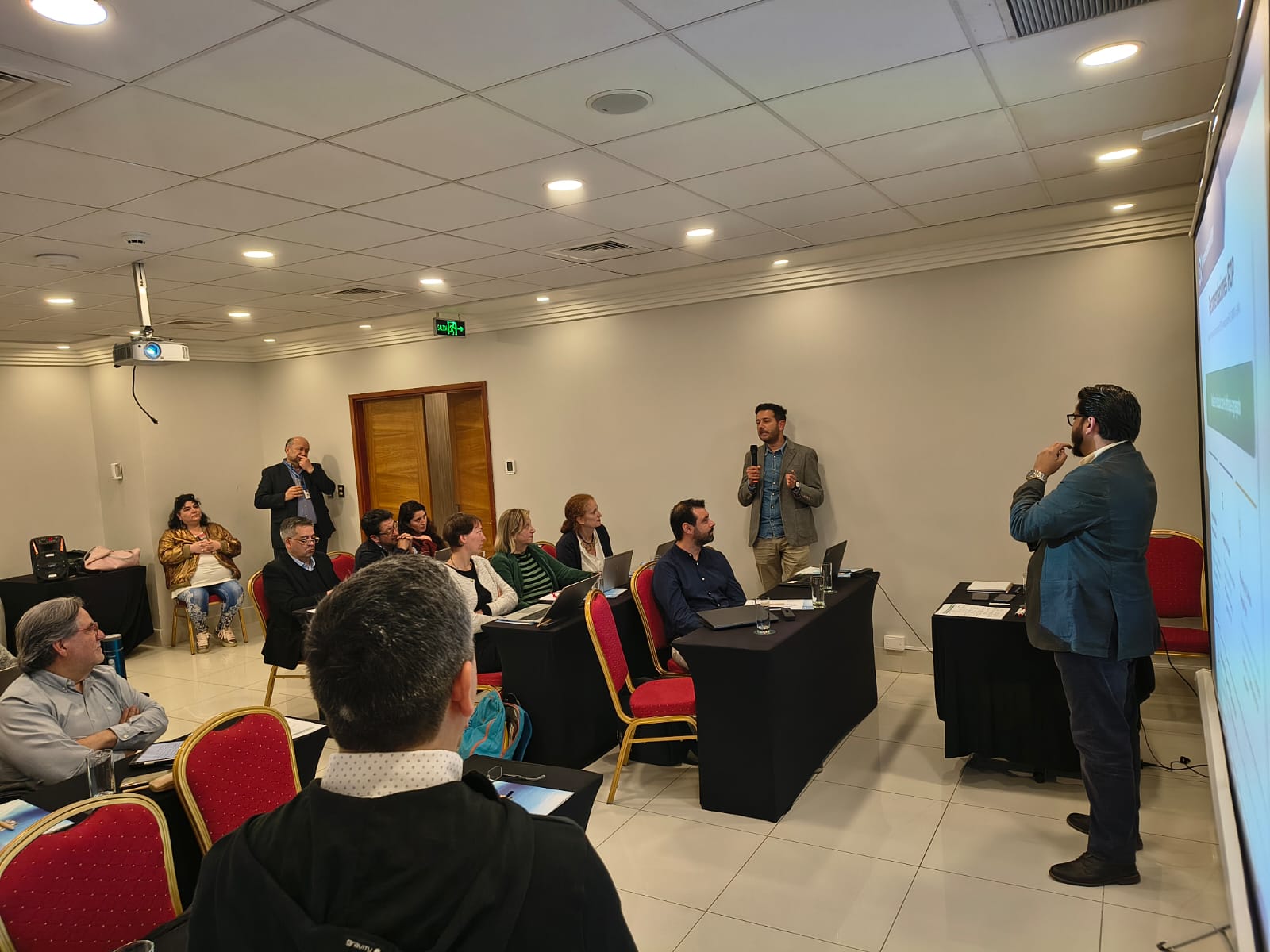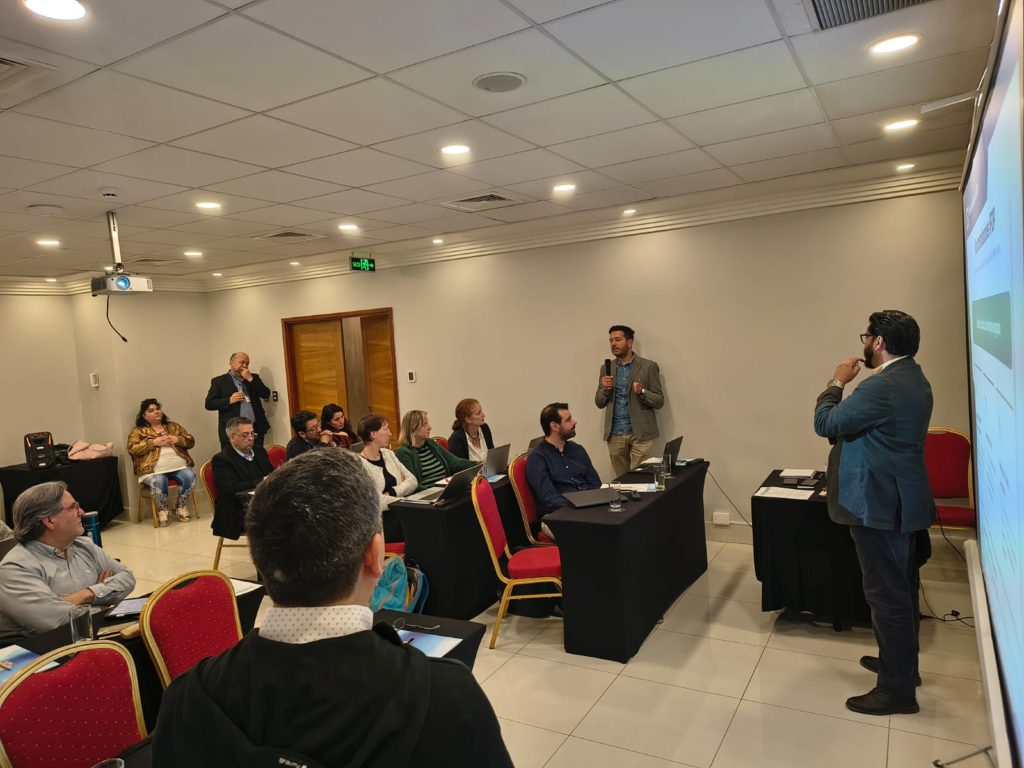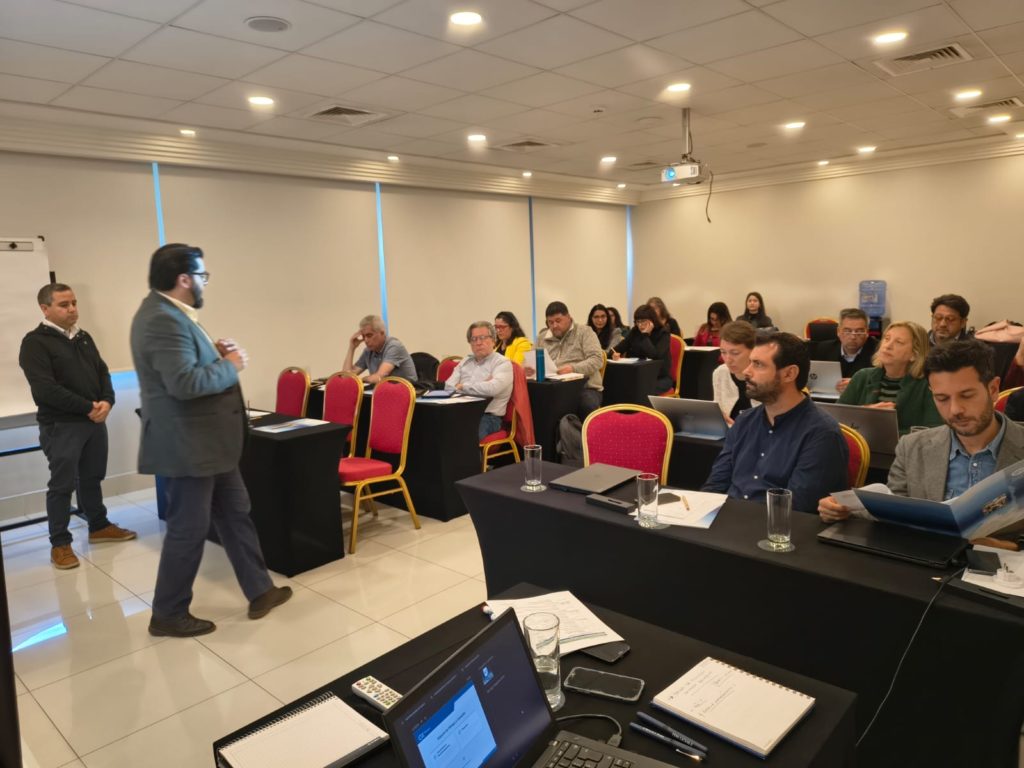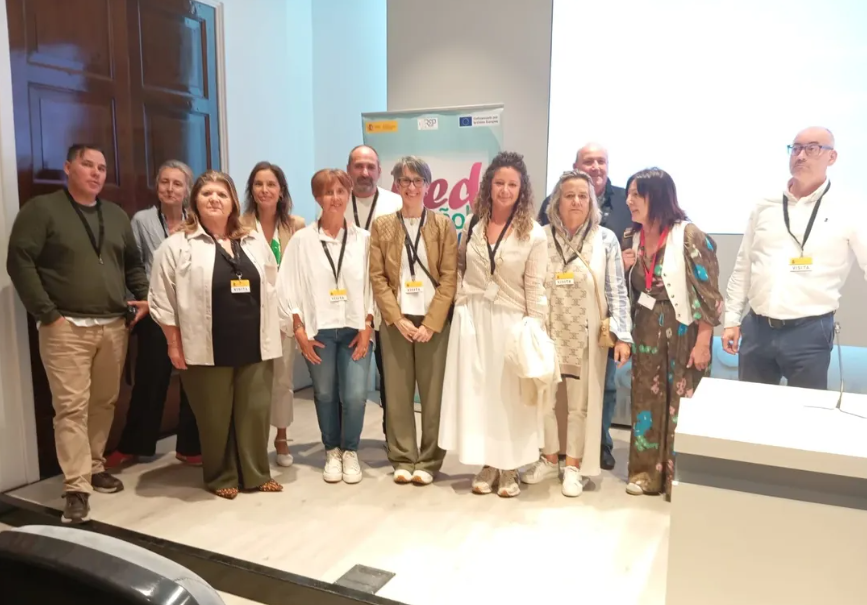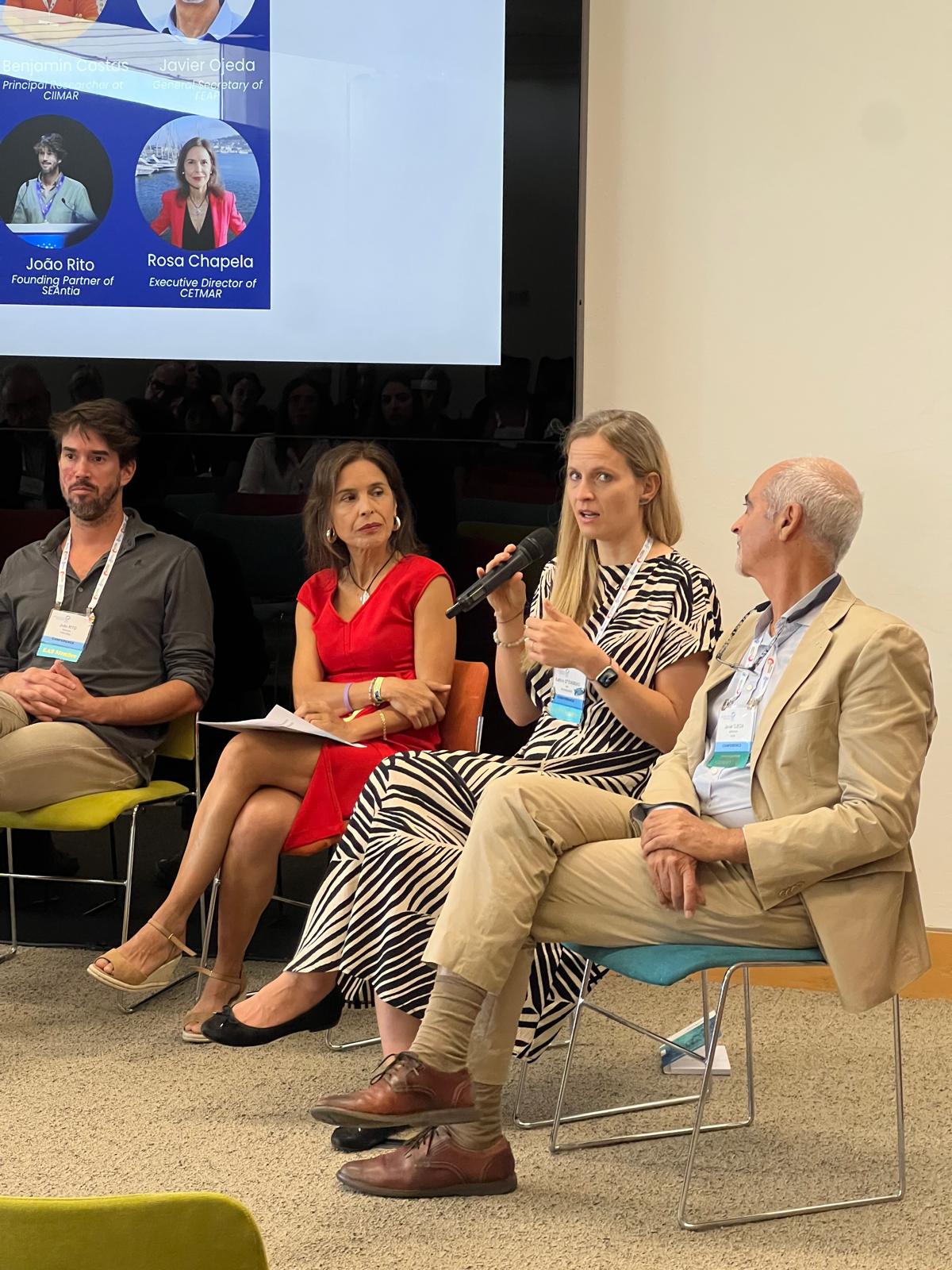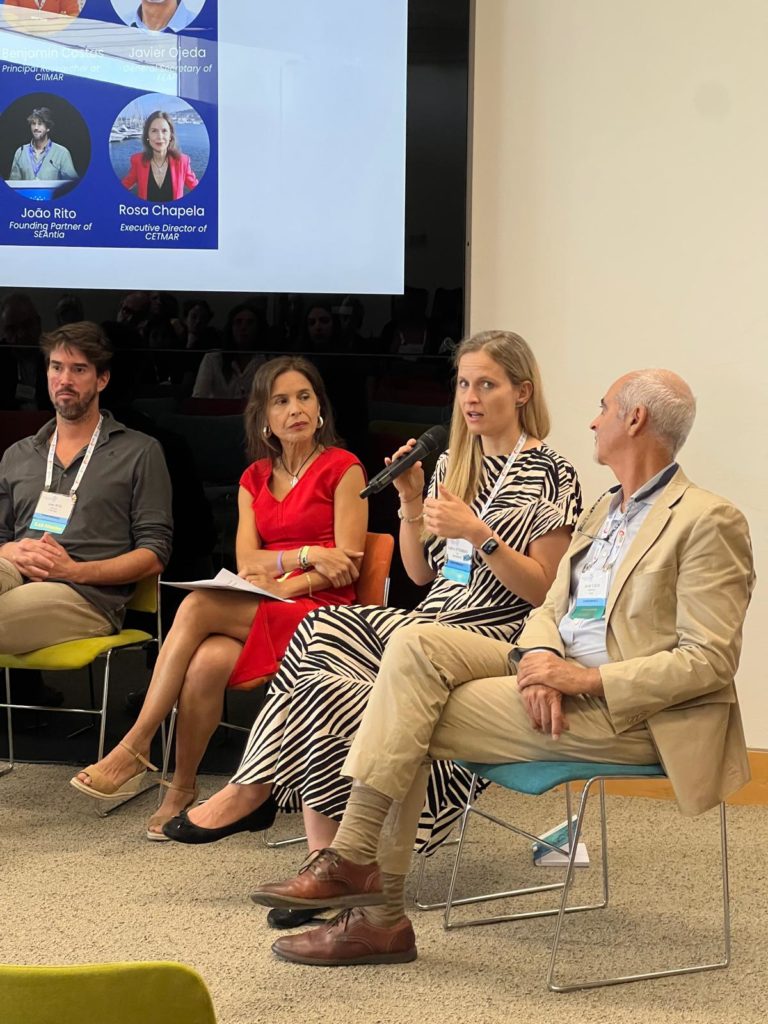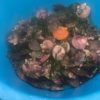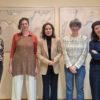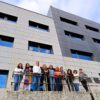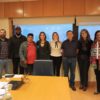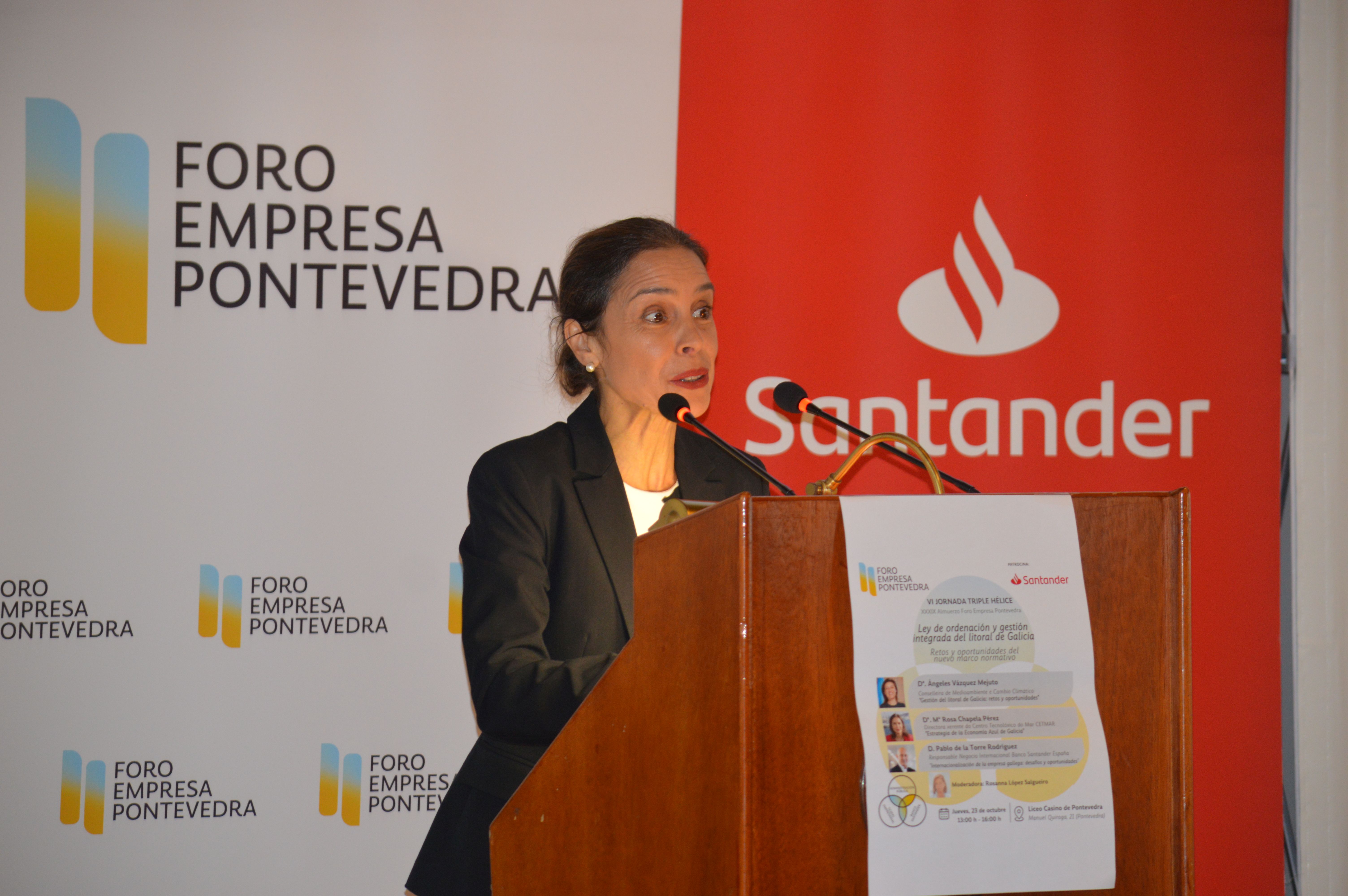
The director of CETMAR takes part in Foro Empresa Pontevedra to discuss coastal management in Galicia
- Rosa Chapela, director of CETMAR, presented the Galician Blue Economy Strategy as a roadmap for a sustainable and competitive sea. She highlighted its alignment with the new Coastal Law and its support for emerging sectors.
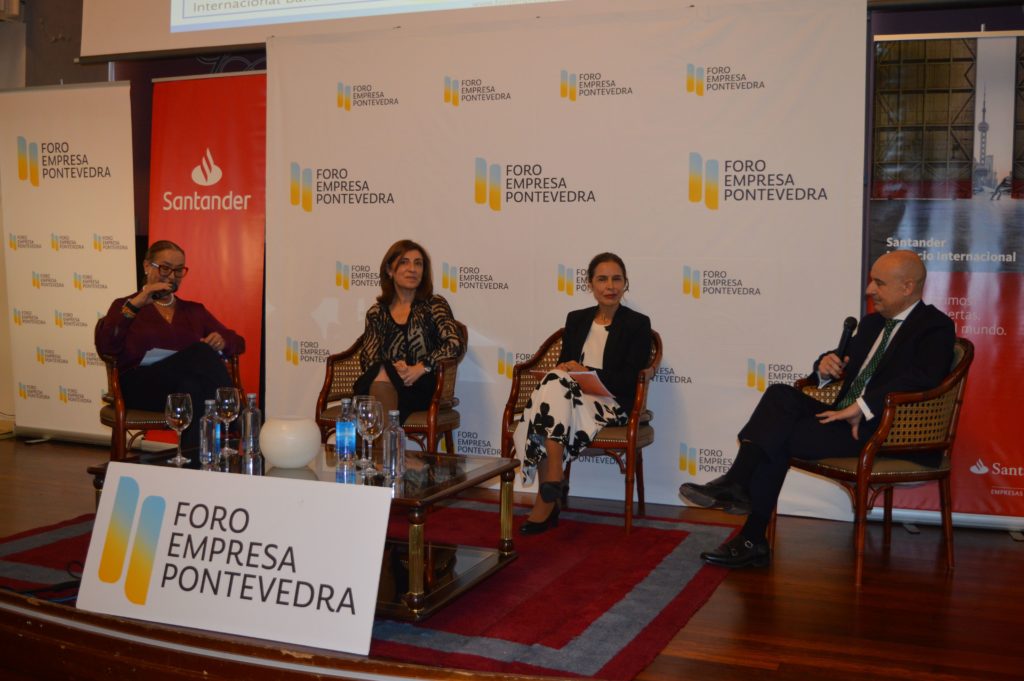
O Liceo Casino de Pontevedra acolleu hoxe a VI Xornada Triple Hélice. Foro Empresa Pontevedra, un encontro organizado por Foro Empresa Pontevedra coa colaboración e o patrocinio de Santander España, que reuniu representantes da administración, do sector empresarial e do ámbito científico para analizar a nova Lei de ordenación e xestión integrada do litoral de Galicia. A xornada, celebrada en formato xantar-coloquio, centrouse nos retos e oportunidades do novo marco normativo, aprobado pola Xunta de Galicia e recentemente avalado polo Tribunal Constitucional, tras facerse efectivo o traspaso das competencias do litoral á comunidade autónoma o pasado 1 de xullo.
The Liceo Casino of Pontevedra hosted today the 6th Triple Helix Conference – Foro Empresa Pontevedra, an event organized by Foro Empresa Pontevedra with the collaboration and sponsorship of Santander España. The meeting brought together representatives from public administration, the business sector, and the scientific community to analyze the new Law on Integrated Coastal Management and Planning of Galicia.
The conference, held in a lunch–colloquium format, focused on the challenges and opportunities of this new regulatory framework, approved by the Regional Government of Galicia (Xunta de Galicia) and recently endorsed by the Constitutional Court, after the transfer of coastal management powers to the autonomous community became effective on July 1st.
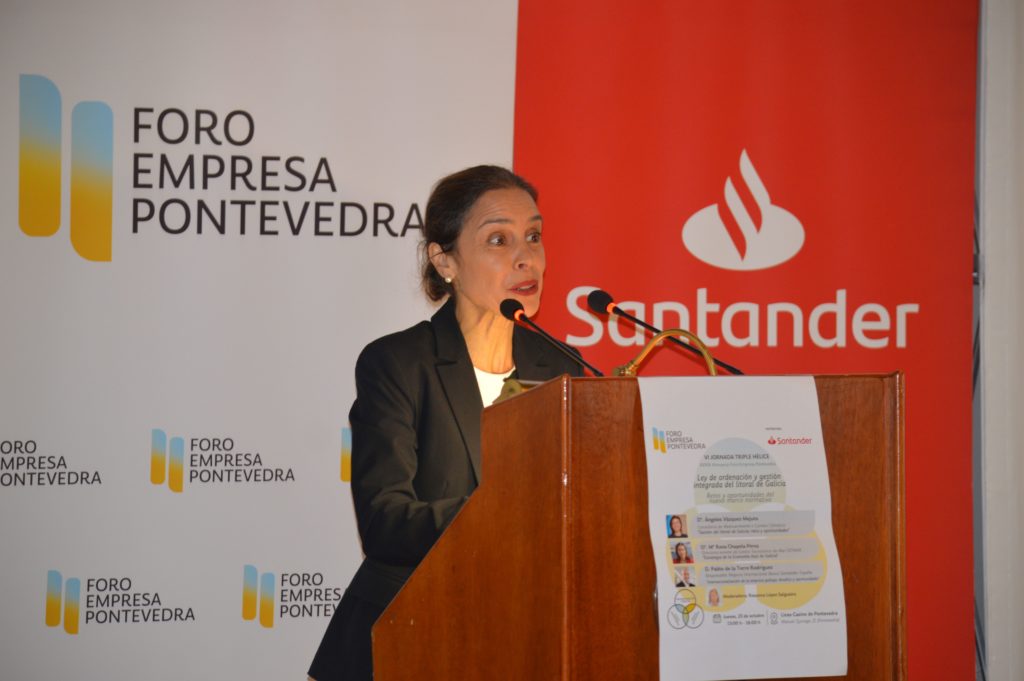
Rosa Chapela, director of the Centro Tecnológico del Mar – Fundación CETMAR, took part with the presentation entitled “The Galician Blue Economy Strategy: a new framework for the marine economy in Galicia”, in which she highlighted that the Galician Blue Economy Strategy (EGEA) defines Galicia’s path toward 2030 within a sustainable growth model based on the responsible use of marine and coastal resources.
The director underlined that the EGEA is structured around three main pillars —environmental sustainability, economic competitiveness, and social and territorial cohesion— and aims to consolidate Galicia as a European leader in sustainable blue economy, drawing on its fishing tradition, scientific and technological potential, and the strong capacity for cooperation between public administration, industry, and civil society.
Among the main opportunities provided by this framework, she mentioned fleet decarbonization, the promotion of marine renewable energies and biotechnology, coastal and maritime tourism, and the development of blue skills and talent. The Strategy also does not overlook traditional activities such as fishing, shellfishing, and aquaculture, which are considered essential both in the EGEA and in the new Coastal Law.
Chapela recalled that the Strategy has a budget of 114 million euros until 2027, allocated to actions such as the Blue Economy Observatory, training programmes, and participatory coastal governance projects. She also highlighted the consistency between the Strategy and the new Coastal Law, which establishes a governance framework for a balanced development of the coastal area, resolving use conflicts and promoting collaboration between traditional and emerging sectors.
Rosa Chapela concluded her intervention by stating that the Galician Blue Economy Strategy represents “a national commitment that combines tradition and innovation to make the sea a space of sustainable, competitive, and inclusive future.”

